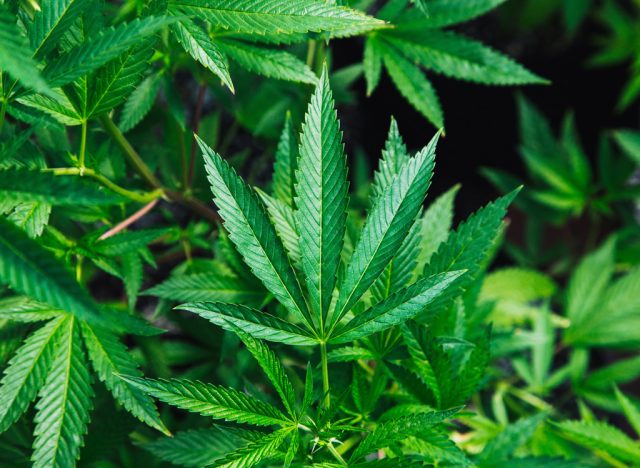Armed with a new album and with touring back in motion, Sean Paul is staying busy this year.
Jamaica’s Sean Paul returns to the dancehall throne, and expectations are high with A-list featured guests on the album representing various facets of the music industry. Paul dropped his eighth full-length studio album and Island Records debut, Scorcha, on May 27.
Scorcha provides a party blueprint for the weekend, led by the single “Light My Fire” with Gwen Stefani and Shenseea. The new album also includes previously released songs “Scorcha,” “Only Fanz” (ft. Ty Dolla $ign), “Dynamite” (ft. Sia), “How We Do It” (ft. Pia Mia), and “No Fear” (ft. Damian Marley and Nicky Jam).
Paul recently earned a Grammy Award nomination for Best Reggae Album for his seventh studio album Live N Livin, which was released last year, after winning a Grammy Award for Dutty Rock in 2013. While Live N Livin was more of straight heavy dancehall, he’s honing in on a club vibe this time around.
High Times caught up with Paul inside Fingerprints Music, located on 420 East 4th Street in Long Beach, California, before his performance later that night at The Novo in downtown Los Angeles.
“It’s not really a formula,” Paul told High Times, referring to his methods in the studio. “It’s just what feels good at the time. Last year was more hardcore danchall feeling, and this year’s more of a scotch feeling, you know what I mean. I’m feeling to touch the clubs with it, but also there is some growth on the album on some introspective songs. I think people should enjoy it, bro.”
Copyright
© 420 Intel




